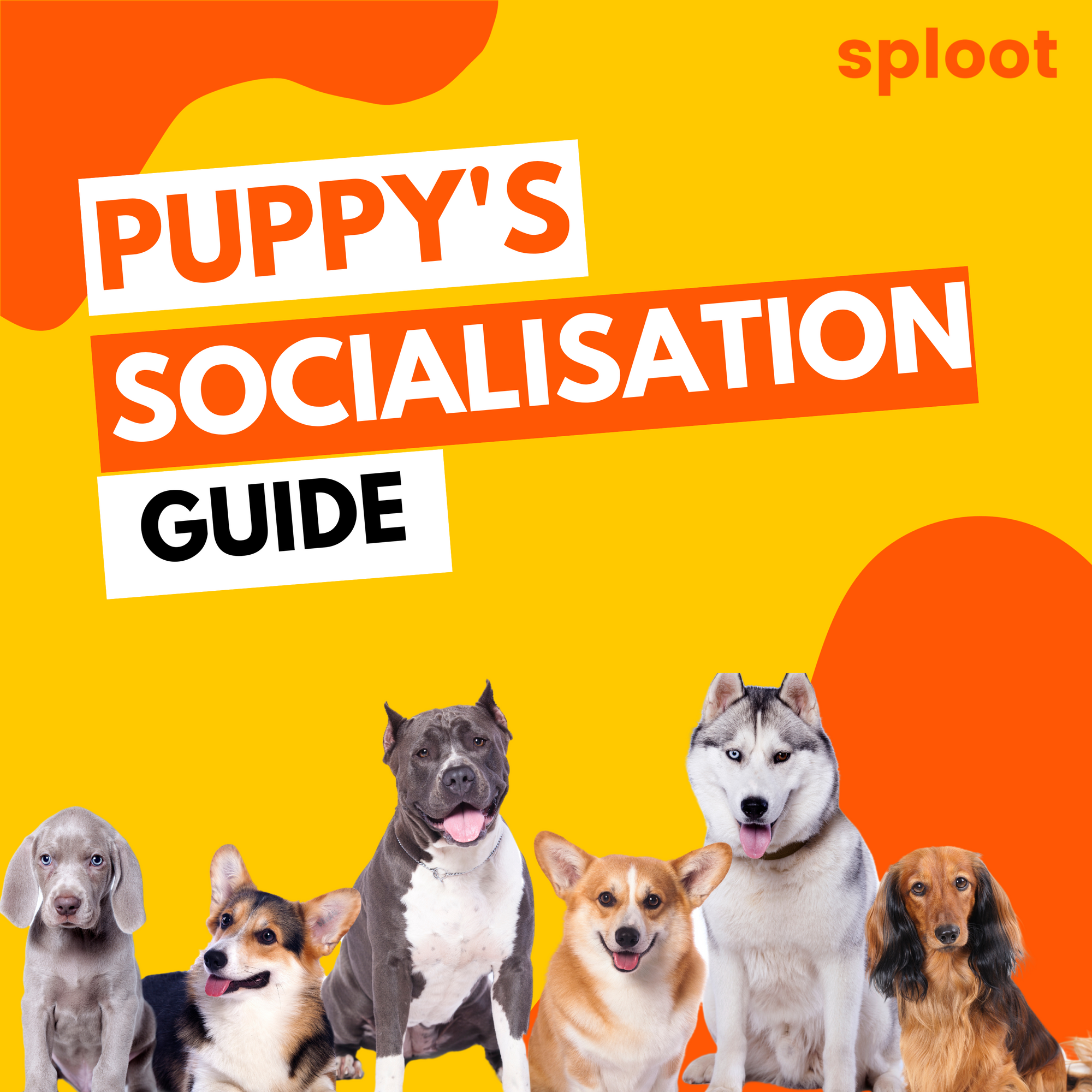Understanding Puppy Socialization

Understanding Puppy Socialization
Socialization is a crucial phase in your puppy's life, shaping their behavior and temperament. But what exactly is socialization? Simply put, it's the process of introducing your puppy to a variety of experiences, including different people, places, animals, and activities. This helps them become well-adjusted adults, comfortable in various situations.
The Ideal Age for Socialization
Timing is key in socialization. The ideal age for socializing your puppy is between 2 and 8 months old. During this period, puppies are more open to new experiences and less likely to be fearful. This window is a golden opportunity to shape a positive outlook on the world around them.
Socializing Your Puppy with Other Dogs
- Start Small: Begin with controlled environments like puppy classes or playdates with vaccinated, well-behaved dogs.
- Monitor Interactions: Always supervise playtimes to ensure they remain safe and positive.
- Vary the Playmates: Expose your puppy to dogs of different sizes, breeds, and temperaments.
- Respect Their Pace: If your puppy seems overwhelmed, give them a break and try again later.
Socializing Your Puppy with Humans
- Diverse Exposures: Introduce your puppy to a wide range of people, including different ages, genders, and sizes.
- Positive Associations: Encourage gentle interactions and reward your puppy with treats for calm behavior around new people.
- Controlled Environments: Initially, meet in quiet, familiar settings to avoid overwhelming your puppy.
- Gradual Exposure: Gradually increase the number of people and the complexity of interactions as your puppy becomes more comfortable.
Socializing Your Puppy with New Experiences
- Varied Environments: Take your puppy to different places – parks, busy streets, quiet rural areas – to expose them to various sights, sounds, and smells.
- Safe Encounters: Introduce new objects and situations in a non-threatening manner. For example, let them explore a stationary car before taking them on a drive.
- Consistency and Patience: Regular exposure is key. Be patient and consistent in your socialization efforts.
- Positive Reinforcement: Always use positive reinforcement, like treats and praise, to create pleasant associations with new experiences.
Socialization is more than just play. It's a vital investment in your dog's future, laying the foundation for a well-behaved, confident, and happy adult dog. By following these guidelines, you're on your way to raising a well-rounded canine companion. Remember, every puppy is unique, so tailor your approach to suit your furry friend's individual needs and pace. Happy socializing!
